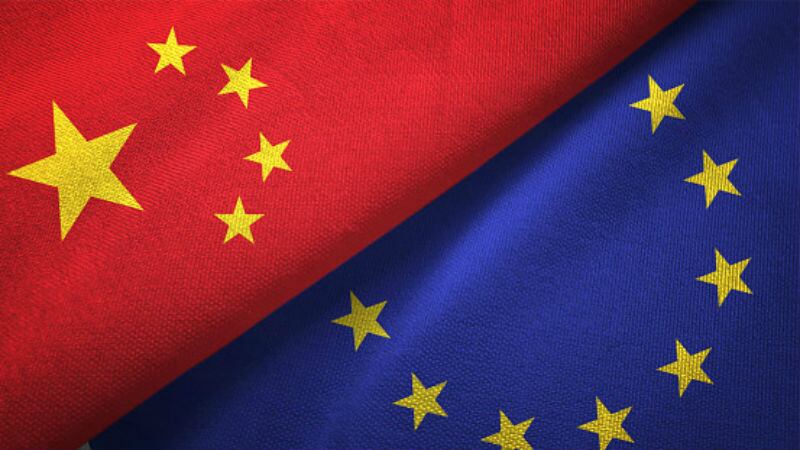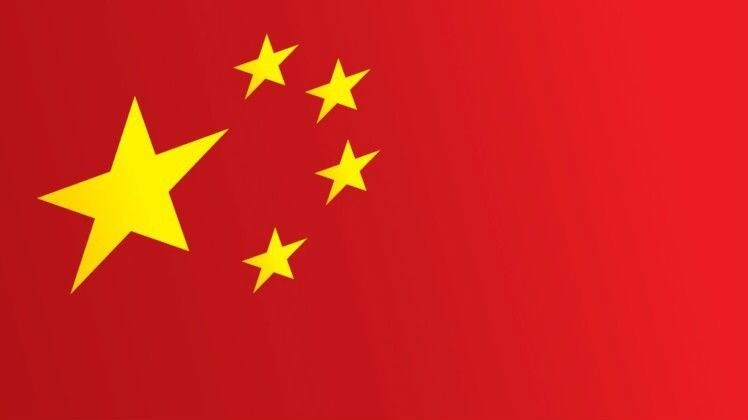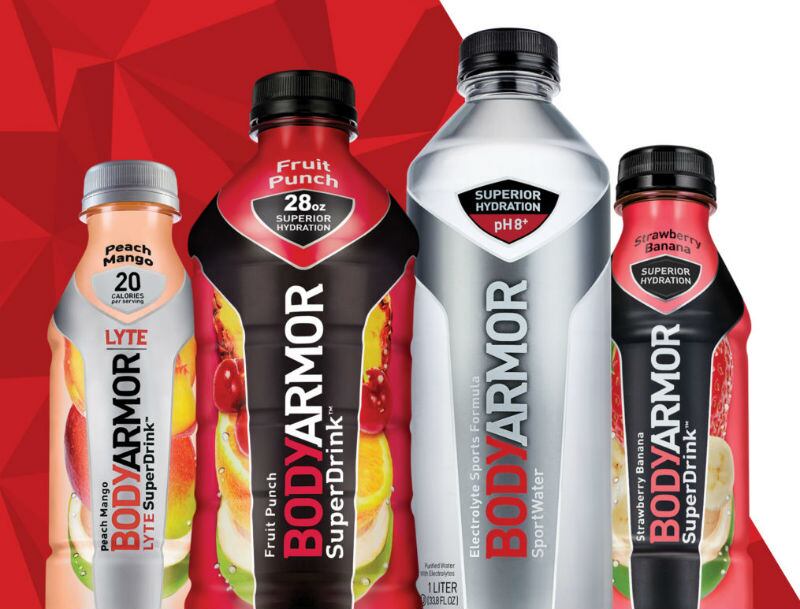GIs are used to identify products as originating in a particular geographical location, where characteristics such as quality, reputation or unique ingredients are linked to this location.
The China-EU Geographical Indications Agreement signed between China and the EU is the first comprehensive bi-lateral one of its kind for the former, and has been hailed as being of ‘milestone significance’ for deepening economic and trade co-operation between the two powers.
“The China-EU Geographical Indications Agreement negotiations began in 2011 and lasted for eight years. There are 14 articles in the agreement, which set a high level of protection rules for geographical indications,” China Ministry of Commerce spokesperson Gao Feng said in a ministry press conference.
“[GI-protected] Chinese products include ‘Anji White Tea’, ‘Hainan Navel Orange and ‘Helanshan Dong Lu wine’, whereas EU products include ‘Parma ham’ and ‘Irish whiskey’.
“The agreement will provide a high level of protection for the geographical indications of both parties, effectively preventing counterfeit GI products, so that both consumers can eat and use high-quality goods that are genuine.”
According to the complete list of GI-protected products covered, the biggest beneficiaries of this agreement will be alcoholic products from the EU, and teas from China.
The list details reveal that 72 of the EU products are alcoholic beverages (beer, wine or spirits) such as Münchener Bier, Champagne, and Cognac; whereas 28 of the 100 Chinese products are teas such as Pu’er tea and Anxi Tie Guan Yin.
The agreement was signed by Minister of Commerce Zhong Shan and EU Agriculture and Rural Development Commissioner Phil Hogan, under the witness of Chinese President Xi Jinping and visiting French President Emmanuel Macron.
In a joint statement issued after the signing, Zhong and Hogan further described this to be ‘one of the most significant trade agreements negotiated between the [EU and China] in recent years’, and emphasised on its importance to preserve tradition, heritage and help rural economies.
“[It] should be a sign to the world of our commitment to deeper trade relations,” they said.
Gao added that the agreement had a ‘milestone significance’ for deepening China-EU economic and trade cooperation, and ‘fully demonstrates that China promotes all-round, high-level [market] opening-up and strong determination to strengthen intellectual property protection’.
Market guarantee
Apart from conveying protection, this is also expected to aid market entry and presence for both regions’ products in each others’ markets.
“According to the agreement, China's related products have the right to use the EU's official certification mark, which is conducive to the recognition of EU consumers and further promote the export of Chinese products to Europe,” said Gao.
“[This will] provide a strong guarantee for China's products to enter the EU market and enhance market visibility.”
China was the third-largest global (and largest Asian) exporter of agri-food products into the EU last year behind the United States and Brazil, with some €5.71bn (US$6.30bn) worth in value, making up 4.9% of the total EU import market.
Conversely, China was the second-largest global (and largest Asian) importer of agri-food products from the EU last year, bringing in some €11.1bn (US$12.3bn) worth of products and making up 8.1% of the EU export market.
In a separate formal statement, the EU described China as a ‘high-growth potential market for European food and drinks, with a growing middle class with a taste for iconic, high-quality and genuine European products’.
Next steps
Following this signing, the agreement still needs to go through legal scrutiny and be sent to the European Parliament and the European Council for approval, although it is expected to enter into force before the end of 2020.
Importantly, the agreement will expand in the future, four years after it enters into force, to include an additional 175 GI names from both the EU and China.





